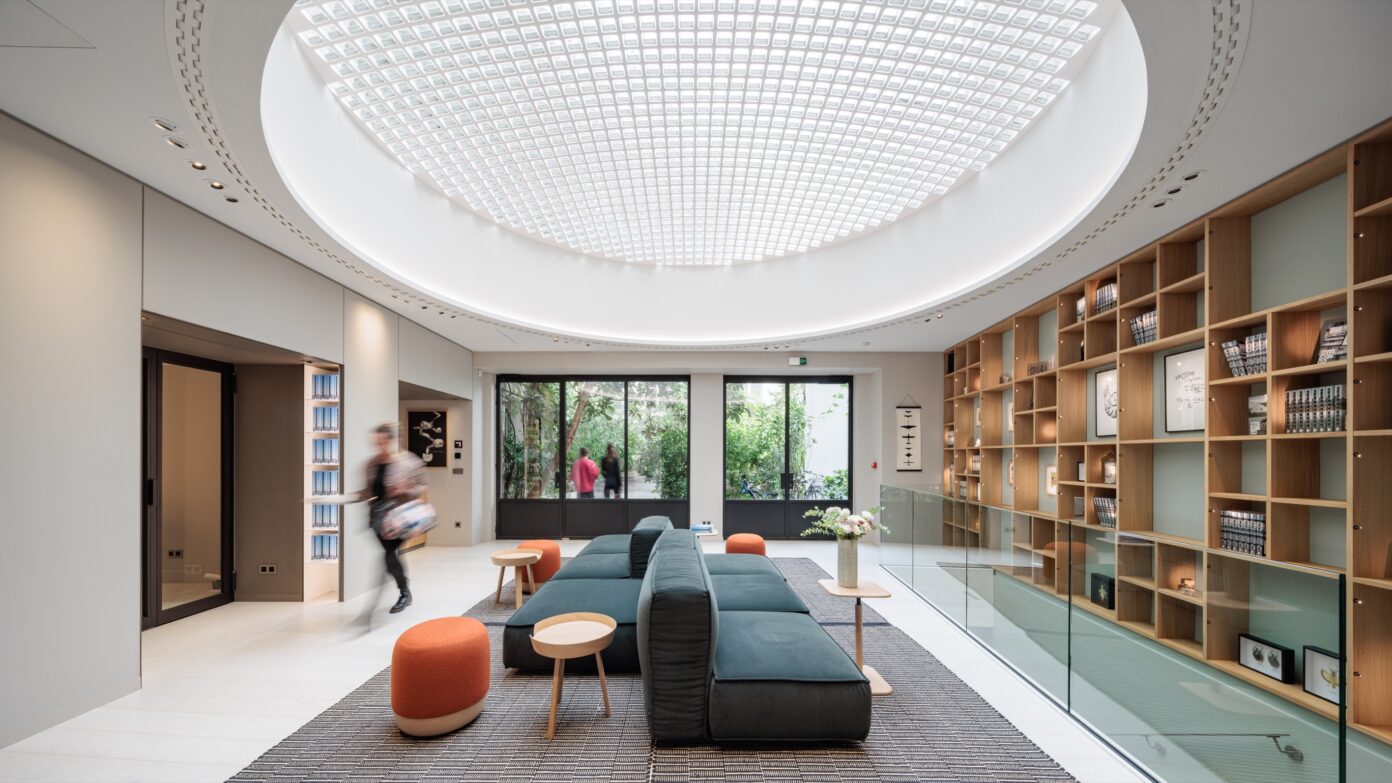08/01/2025 - 19h00
Free Entrance
Stream Center
Located at the heart of the office, the Stream Center is a meeting point for a community of urban experts and hosts public conferences, screenings, debates, and gatherings. The Stream Innovation Center is where arts, science and society cross-pollinate to create new knowledge, methods, and stories for the sustainable city.

agenda
events :
The program for the upcoming series of conferences is currently being prepared. Check out our latest events!
-
New imaginaries
11/12/2023 - 19h00
Free Entrance
-
New imaginaries
20/11/2023 - 19h00
Free Entrance
-
New imaginaries
14/11/2023 - 19h00
Free Entrance
-
New imaginaries
26/10/2023 - 19h00
Free Entrance
-
New imaginaries
17/10/2023 - 19h30
Free Entrance
-
Architectural transition
04/07/2023 - 09h30
Free Entrance
-
Architectural transition
25/05/2023 - 19h00
Registration required
-
Data & Design Technology
20/04/2023 - 19h00
Registration required
-
Data & Design Technology
23/03/2023 - 19h00
Free Entrance
-
New uses
06/03/2023
Free Entrance
-
New uses
01/02/2023 - 18h00
Free Entrance